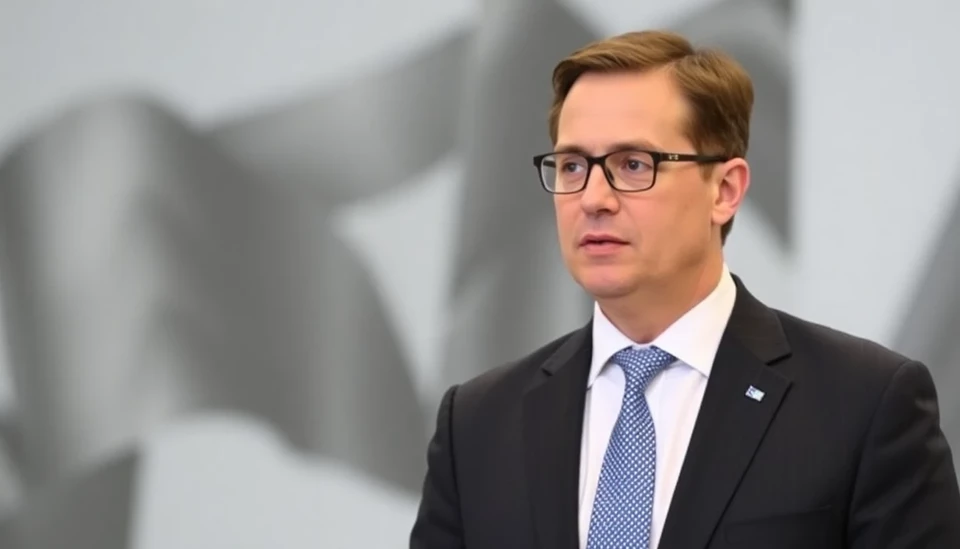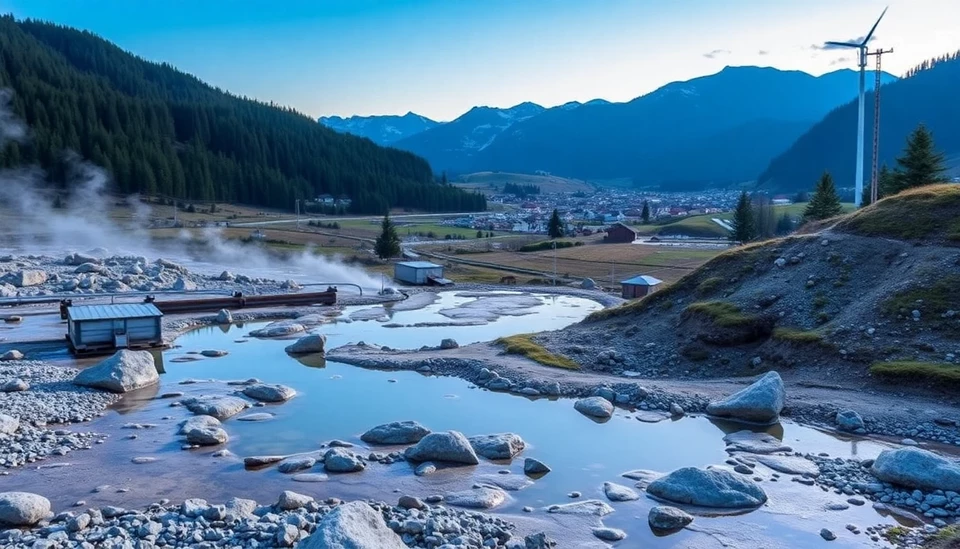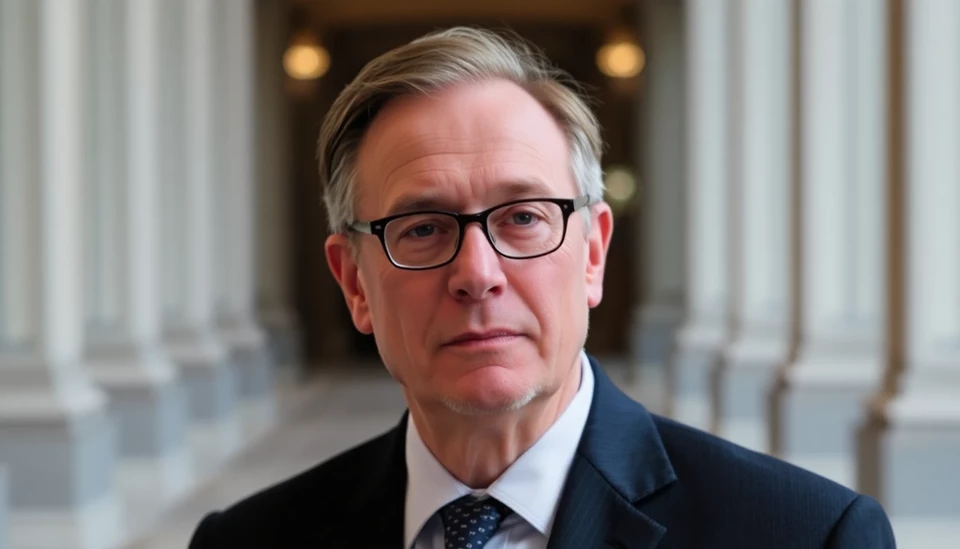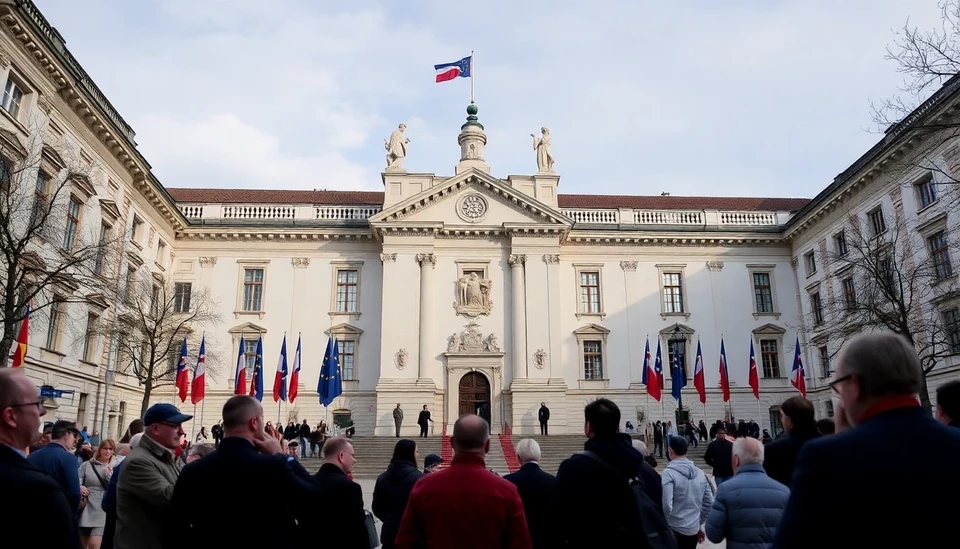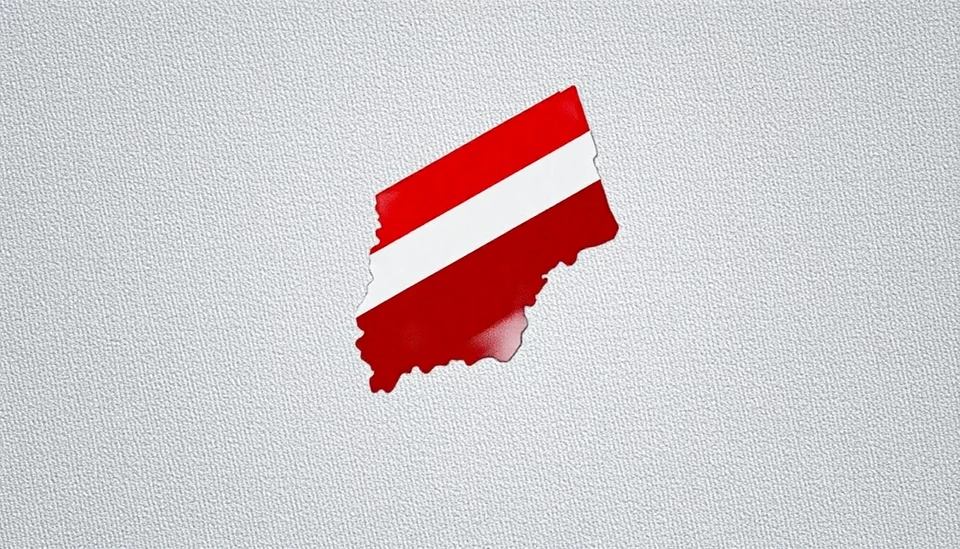
In a surprising turn of events, Austria has shifted its position regarding the Mercosur trade agreement, commonly known as the Southern Common Market, following the introduction of tariffs by the Trump administration. This shift is particularly notable given Austria's previous strong criticism of the deal, which aims to enhance trade between the European Union and a bloc of South American countries including Brazil, Argentina, Paraguay, and Uruguay.
Historically, Austria has expressed skepticism concerning the environmental impacts associated with the Mercosur deal, with numerous officials voicing concerns about deforestation and agricultural practices in the Amazon region. However, the new wave of tariffs imposed by the U.S. government under President Trump has forced Austria and possibly other European nations to reevaluate their positions. These tariffs are seen as a potential avenue to even the playing field for local industries and could provide a competitive edge for European products.
The Austrian government now appears to be warming up to the Mercosur agreement, understanding that these tariffs exacerbate the risk of trade wars, which could have detrimental effects on the global economy. The prevailing sentiment appears to be a desire to develop more favorable trade relations and to negotiate from a position of strength rather than allowing unilateral tariffs to dictate market conditions.
This tactical reorientation is indicative of a broader rethinking among EU member states regarding their economic strategies in light of American trade policies. Austrian officials are now discussing how the Mercosur agreement can not only boost economic ties with South America but also help shield European industries from unpredictable foreign tariffs. Additionally, negotiating better environmental safeguards within the agreement has become a priority, signaling that Austria intends to use this opportunity to promote sustainable practices in global trade.
As the discussions surrounding the Mercosur agreement progress, it will be interesting to see how other EU nations react to Austria's endorsement and what strategies they devise to ensure that their domestic industries are fortified against fluctuating international trade dynamics. There remains a clear need for careful negotiation to balance economic interests with environmental responsibilities, making the outcome of these talks of significant importance.
In conclusion, Austria's newfound support for the Mercosur trade agreement illustrates a critical response to the evolving global trade landscape influenced by U.S. actions. As Austria navigates this complex situation, it will play a pivotal role in shaping the future of not just European-South American relations, but also the EU's approach to trade and environmental governance.
#Austria #MercosurDeal #TradeWar #TrumpTariffs #GlobalEconomy #SustainableTrade
Author: Laura Mitchell
